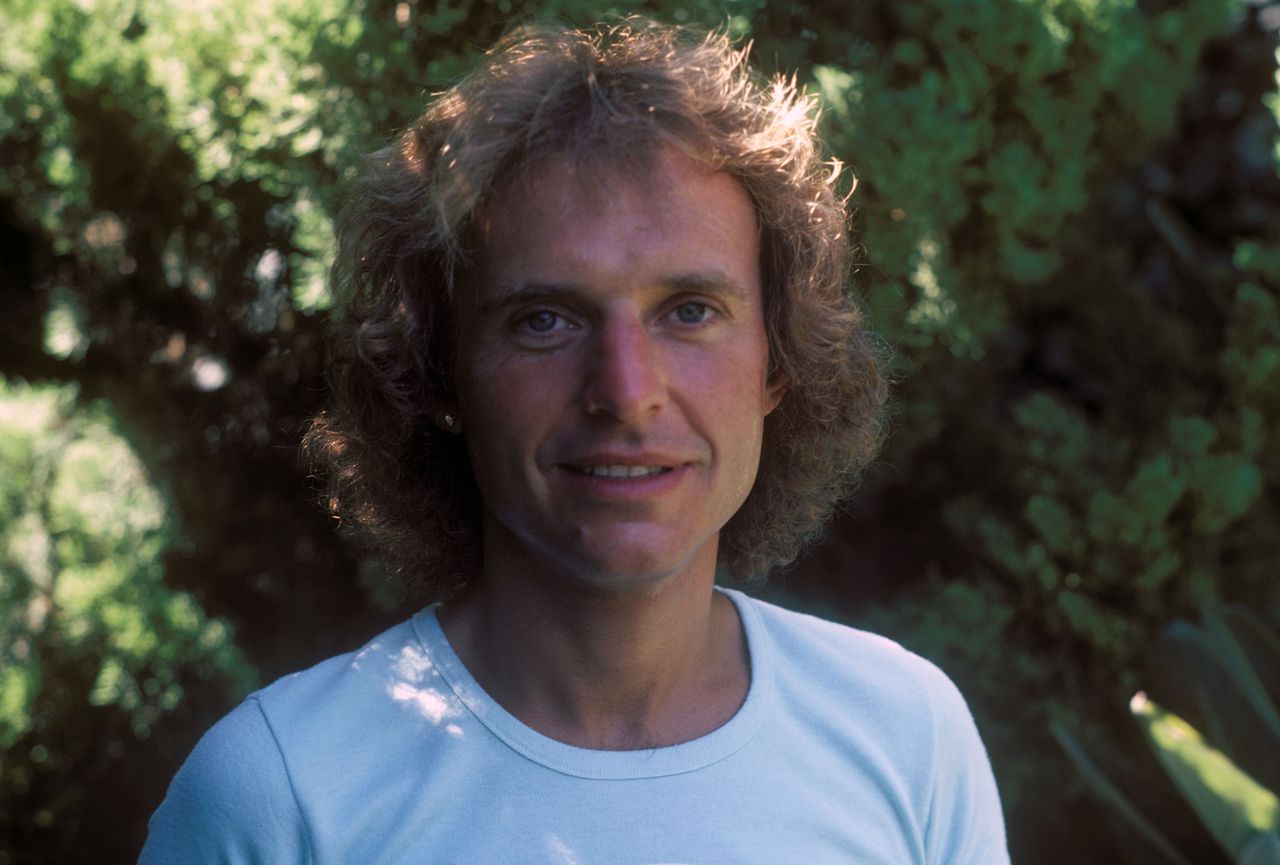Gary Wright, âDream Weaverâ singer, dead at 80
Gary Wright, the musician best known for his hit singles “Dream Weaver” and “Love Is Alive,” has died. He was 80. Wright’s son Dorian confirmed the news to Variety; no cause of death was announced.
He was a founding member of the U.K.-based band Spooky Tooth and was an in-demand session player from the late ‘60s on, playing on all of George Harrison’s solo albums — including his epochal 1970 debut, “All Things Must Pass” — and on Ringo Starr’s early singles (and, much later, with Starr’s All-Starr Band) as well as Nilsson, Tim Rose, B.B. King and many others. Yet he will be best remembered for the mid-1970s hits mentioned above, which were part of a vaguely mystical, synthesizer-driven style of hit single of the era — Steve Miller’s “Fly Like an Eagle” is another example — and which saw him appearing on many music shows, wearing satin gear and rocking a keytar.
A native of New Jersey, Wright was a child actor who appeared on Broadway in a version of “Fanny.” He later decided to become a doctor and traveled to Berlin to study medicine, but continued playing with bands, including one called the New York Times. While that group was on a 1967 tour of Europe with Traffic, Wright met Chris Blackwell, founder of Traffic’s label, Island Records — the two also had a mutual friend in Traffic/Rolling Stones producer Jimmy Miller — who was impressed with the young musician’s talent and convinced him to come to London. There, Blackwell teamed him up with pianist Mike Harrison and drummer Mike Kellie and, with Wright as singer and organist, Spooky Tooth was formed.
The band’s first two albums, “It’s All About” and 1969′s “Spooky Two,” ‘”Spooky Two,” both of which were produced by Miller and featured Wright cowriting every song, were not chart successes but created a major buzz in musicians’ circles. The members were all recruited for session work and their songs were covered by many artists, with the Three Dog Night rendering “I’ve Got Enough Heartache,” the Move performing “Sunshine Help Me” regularly and Judas Priest covering “Better by You, Better Than Me.” However, the group’s third album, “Ceremony,” was a creative misstep and Wright left the band in 1970.
He signed with A&M Records and released a strong solo album, “Extraction,” in 1970, and two players on that albums — drummer Alan White and bassist Klaus Voorman — brought Wright into the Beatles’ orbit. While Harrison was recording “All Things Must Pass” with producer Phil Spector, the latter characteristically called for more musicians. Voorman suggested Wright, who happened to be playing a different session across town — upon getting the call, Wright canceled that session and dashed over to EMI’s storied Abbey Road studios, where he began a friendship with Harrison that was to endure for the rest of their lives. He played on all of Harrison’s solo albums and multiple related projects, including Ringo Starr’s early singles “It Don’t Come Easy” and “Back Off Boogaloo”; Harrison even backed Wright during an appearance on American TV’s “Dick Cavett Show” in 1971.
The following year he reformed Spooky Tooth and released two albums while continuing to work with Harrison, with whom he shared an interest in Eastern religions; the two traveled to India together in 1974.
After the reformed group split again, Wright relocated to New York and united with power manager Dee Anthony (who managed Humble Pie and soon-to-be superstar Peter Frampton) and signed with Warner Bros. Records. His first album for the label, “The Dream Weaver” — with a title track inspired by his trip to India with Harrison — was released in 1975, and while the single was a slow builder, by the following spring it was a major hit and Wright had become a major star. However, it was nearly two years before he followed with “The Light of Smiles,” and his subsequent efforts did not approach his previous success. His last charting single was 1981′s “Really Wanna Know You.”
In the following years, Wright specialized in instrumental and soundtrack work — although he made a surprise appearance in the 1992 film “Wayne’s World,” singing a re-recorded version of “Dream Weaver” — but he returned to more conventional rock music and issued a series of albums, with the last one, “Connected,” being released in 2010. He reformed Spooky Tooth again in 2004, and toured frequently, as a solo act and with Ringo’s All-Starr Band.
Over the years, his songs have continued to be covered — Chaka Khan recorded a blazing version of “Love Is Alive” for her 1984 smash album “I Feel for You” — and sampled by artists ranging from Jay-Z to Tone-Loc.
Additional reporting by Michaela Zee.
© 2023 Variety Media, LLC, a subsidiary of Penske Business Media; Distributed by Tribune Content Agency, LLC
